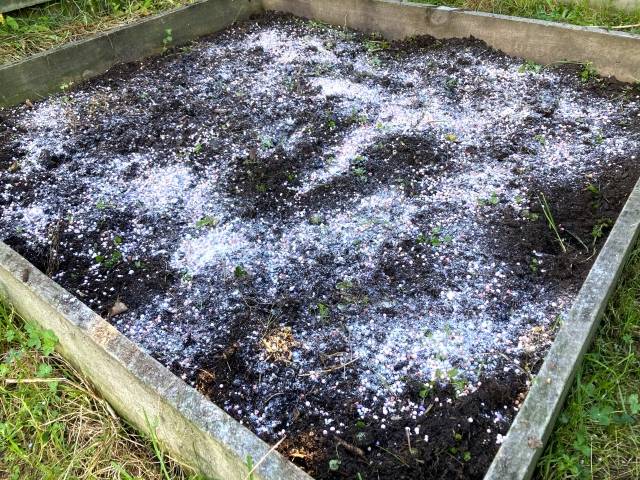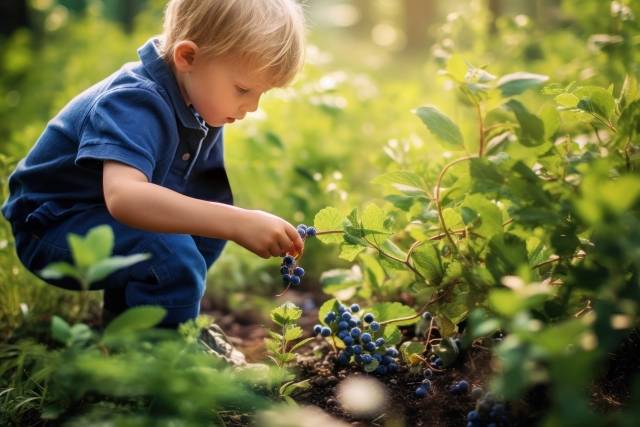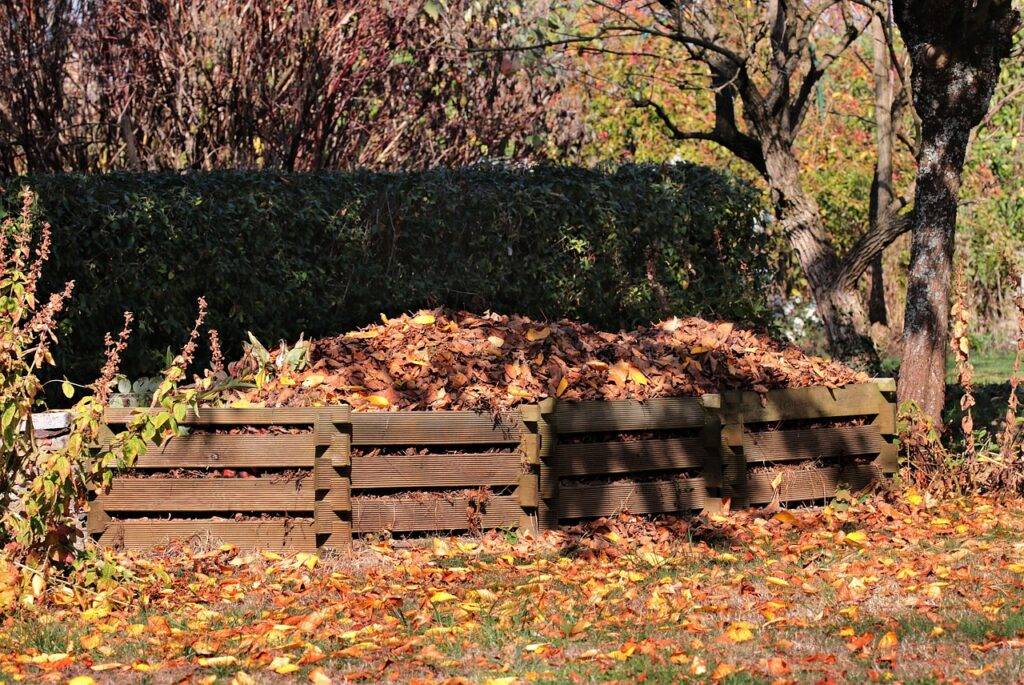Are you seeing a decline in yields? If so, what’s your solution? Applying more fertilizer?
My answer is ‘NO’. Before thinking about putting more fertilizer, you should consider the quality of the soil and the entire environment around the crops you grow. Yield is one of the outcomes of good soil quality and the environment you create in the field. Observe nature and find out what is missing for the solution.
To understand this better, you need to grasp what really grows crops in the first place.
In light of this, I would like to introduce these articles below, translations of Okada Mokichi’s explanations about Nature Farming, because some of my clients find them interesting. They mentioned that it makes the concept of Nature Farming easier to understand. Personally, I hesitated to include these articles because they are very philosophical and have an element of ‘Oriental Mystery.’ I recognize, however, that some readers may appreciate the spiritual aspect and align with New Age perspectives. These articles are for you.
Reading what Okada states is a great reminder that we rely too much on the material side of farming. Organic farming can be simpler, using our five senses and intuition. We should stay closer to the natural world.
Okada made these statements almost 70-80 years ago. At that time, these ideas were unaccepted by the majority of farmers and scientists. I feel that ideas once completely unacceptable can now be understood and appreciated as organic farming has become more accepted.
Okada Mokichi’s philosophy about Nature Farming: What grows crops?
Fire Element, Water Element, Earth Element:
Fundamentally, soil consists of two elements: spirit and body. The body is the soil itself, while the spirit, though invisible, is the true essence of the soil. In other words, the body is the surface and the spirit is the underlying aspect. However, since fertilizer is toxic, it weakens the body’s vitality, which then affects and clouds the spirit, making it impure. (“Nougyou no Daikakumei”, January 30, 1952, “The Great Revolution in Agriculture: A 50% Increase in Rice Production in Five Years, Part 2”)
What is the power of nature?
It is the union of the sun, moon, and earth, namely the fire element, water element, and earth element, that generates X, the power of nature.
The center of the earth, as everyone knows, is a mass of fire, which is the source of geothermal heat. The essence of this geothermal heat fills the space up to the stratosphere through the earth’s crust, and this essence also has two aspects: spirit and body. The body is what science calls nitrogen, and the spirit remains undiscovered.
Similarly, the essence radiated from the sun is the fire element, which also has spirit and body; the body is light and heat, and the spirit is undiscovered. The essence radiated from the moon is the water element, the body is all forms of water, and the spirit is undiscovered. Thus, the undiscovered spirits of these three elements combine to form X.
This X is the source of all creation and growth. It is the root of the life force of all things.
Therefore, the growth of crops also depends on this power, which can be considered an infinite fertilizer. Recognizing this and loving and respecting the soil can greatly enhance its capabilities, which can be viewed as a true farming method. By implementing this method, fundamental problems can be addressed.
Plants Can Feel Your Love
There is another important point. Until now, humans believed that rationality and emotions were limited to animals. However, it would be surprising to learn that these also exist in inorganic substances. Of course, this applies to both soil and crops. By respecting and loving the soil, its inherent capabilities are fully expressed.
This means keeping the soil clean and pure, which brings out the soil’s joyous emotions and vitality.
While the will and emotions of animals are free and dynamic, those of soil and plants are non-free and static.
Thus, if one has a sense of gratitude and a desire for a bountiful harvest towards crops, such as rice, the feelings will be conveyed, and the blessings will surely follow. (“Nippon Nouhou no Daikakumei” January 27, 1954, “The Great Revolution in Japanese Farming: A 10-50% Increase in Production Without Fertilizer in the First Year”)





